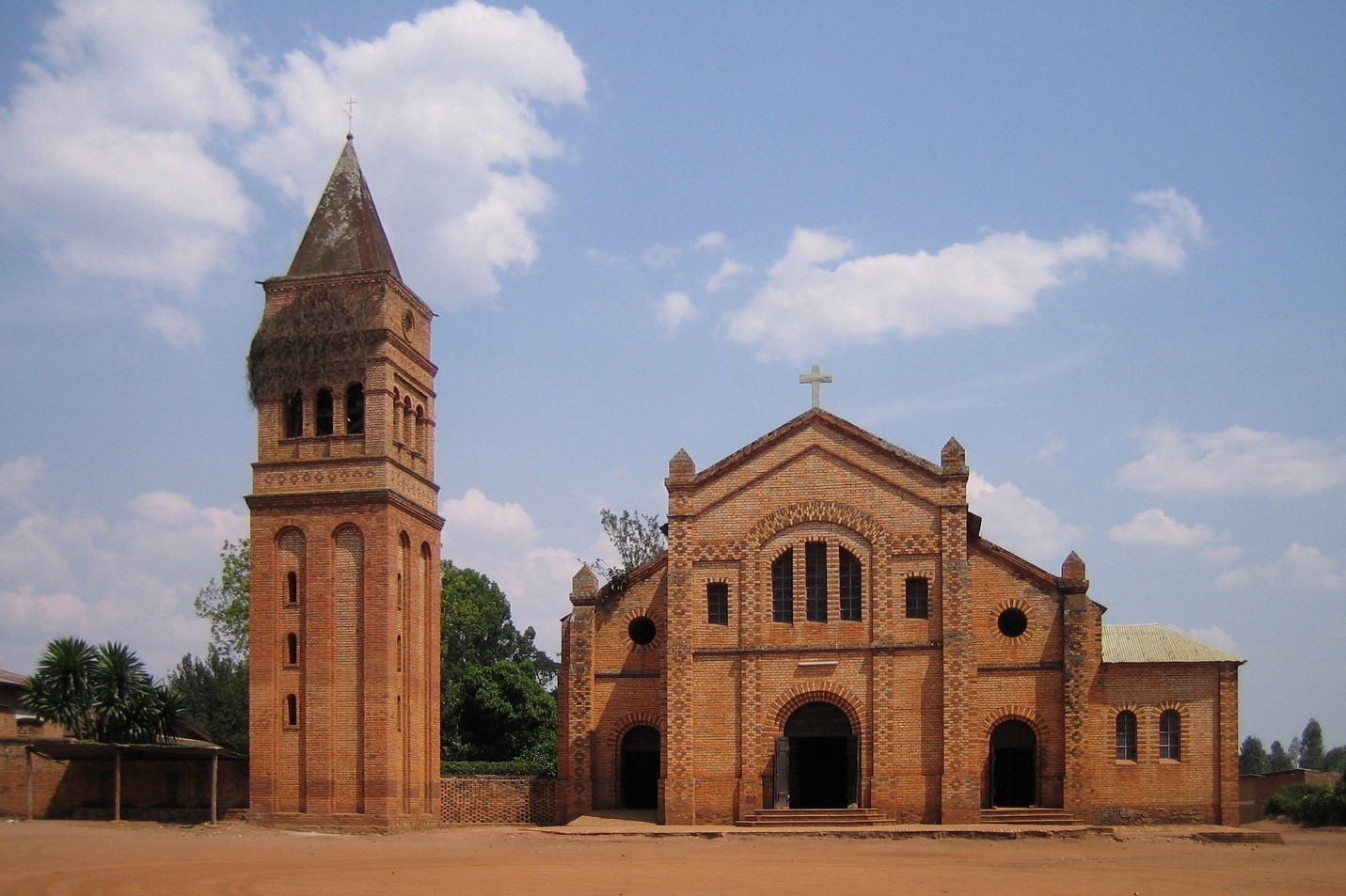The KT Press reported that more than 8,000 churches have been closed, including one where a wedding was taking place at the time of the forced closure. The closures are not limited to small, rural villages or particular denominations. One source noted that “On checking which churches were included, we learned that all churches are suffering the same fate and that even churches considered luxurious for local standards have had to close.”
The country, perhaps best known for its civil war and the genocide of a million people in the 1990s, continues to formally grant religious freedom in its constitution drafted in 2003 and amended in 2015. The official spin is that, although the church buildings have been closed, the church bodies are allowed to remain ‘active.’ This cuts against the theological grain wherein we are taught that the church is not a building. While that applies to the universal church, a local body of believers still needs a place to congregate. When that place – a church – is closed, the body of believers, as a physical entity, begins to dissolve.
An entire series of ordinances have been used by the secular government to exercise control over local churches, including requirements that:
- All access roads to churches must be paved, including the churches own parking areas.
- All churches must be registered with the government.
- All churches must have a ceiling made from a particular canvas material.
- All inside walls must be plastered and painted. Exposed brick walls are prohibited in the interior.
- All churches must have lightning conductors installed.
- All pastors must have an earned theological degree – from a government accredited institution. Only institutions that teach science and technology will be accredited to teach theology.
In addition, the secularization of the government has been marked by:
- The removal of all words referring to the Christian faith being removed from the preamble to the Rwandan constitution.
- Prayer meetings in government proceedings and institutions are no longer permitted.
- All roads are closed on two Sundays every month, making church attendance on those days impossible for many.
- The government has moved many compulsory meetings are being scheduled on Sundays.
Unfortunately, using building codes and ordinances to close churches is not limited to Rwanda. The approach is being used in a growing number of countries whilst those countries continue to identify on paper with freedom of religion. This scandal is spreading around the globe, reminding us that the battle belongs to the Lord because, “For we wrestle not against flesh and blood, but against principalities, against powers, against the rulers of the darkness of this world, against spiritual wickedness in high places.” [Eph 6:12 KJV]
Sources:
- World Watch Monitor, More than 8,000 Rwandan churches closed following government directive
- KT Press, New Law On Religious Institutions Due Next Week
- World Watch Monitor, Rwanda: 700 churches closed down – in just one province
- Xinhua Net, Rwandan parliament passes law to regulate churches
- Rwanda Today, Govt proposes tougher rules to govern faith-based organisations
Image Source:
- By Steve Rwanda [GFDL, CC-BY-SA-3.0 or CC BY-SA 2.5], from Wikimedia Commons
